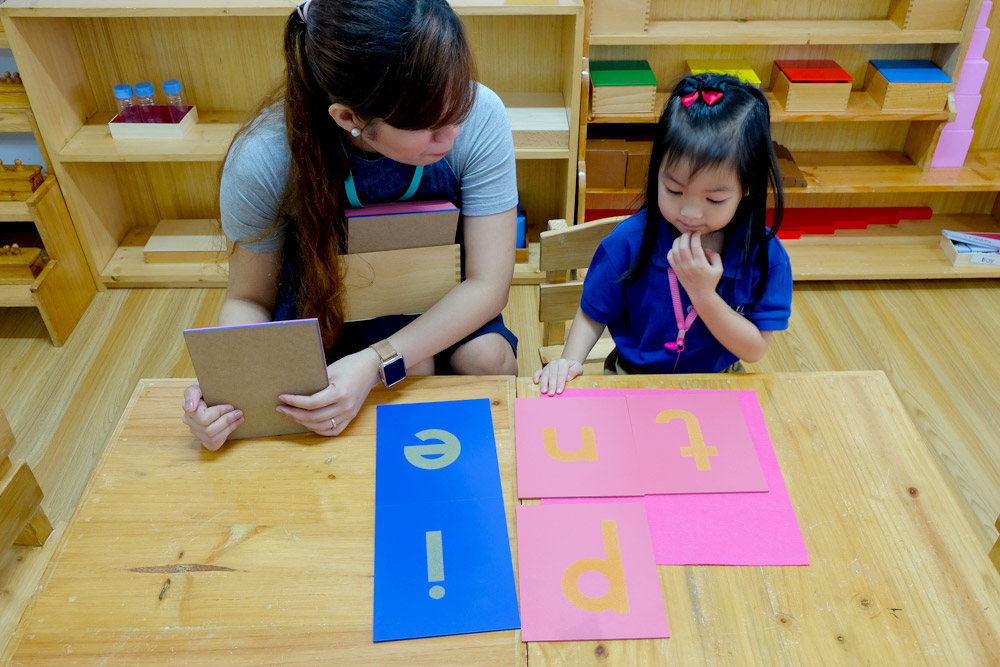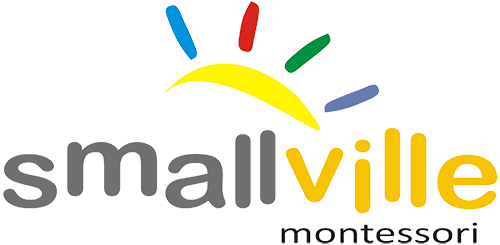
As a continuing part of our series to familiarize parents with the Montessori method where we’ve covered why our classes include children of different ages and the importance of small class sizes, let’s take a look at what the role of a Montessori teachers is exactly. What our teachers do on a daily basis may come as a surprise to some parents given the Montessori method’s emphasis on developing a child’s independence through self-directed work.
In our earlier post we mentioned that one of the innovations of the Montessori method is to regard each child as an individual with particular needs and challenges. That’s where we’ll launch our look into the role of our teachers in the classroom. Since we put an emphasis on the individual child and their needs, standardized methods of testing to quantify their progress is not the best approach to this problem. This is particularly true for the context of our students who are still at the preschool level.
The most effective way of assessing a child’s progress, particularly in our case, would be to base it on the daily observations and evaluation of our teachers. Since the Montessori method allows a child enough independence to select self-directed work, our teachers are free to move about the classroom as needed. At this point, it is our job to respect their independence and simply be facilitators of communication should the need arise.
Otherwise, most of what we do takes place when setting up the Prepared Environment. The Prepared Environment is what we call the classroom because it is constantly adjusted and changed with the deliberate goal of addressing the children’s needs and engage their interests. Nothing in our classroom is ever unnecessary since it is carefully designed every day to address specific needs and challenges.
All this may come as a surprise to some parents but this level of preparation both before class begins and after it ends is necessary to get the most out of the time your child spends with us. That is because the more time we spend working on the Prepared Environment means more time for your child to engage with their work. Lessons from our teachers are usually brief and come in the form of demonstrating for the children how something is done.
Our input is kept at a minimum to encourage the children to figure things out for themselves, use their creativity, or seek out the help of their classmates. Our teachers’ goal is to encourage our students to develop their intellect, emotions, and social skills in a practical, real-world context that will be easy for them to grasp. Naturally, this means that there will be times when conflicts will arise and this is where we step in. However, we only do so to show our students how to gracefully resolve the conflict on their own.
Dr Montessori believed that children learn better when they play a larger role in the discovery of the lesson. This is why we allow our students a greater measure of freedom compared to traditional schools where their students are taught the lesson. Our teachers remain in the periphery to make sure everyone in class can focus on true star of the show, the lessons they learn every day for themselves!
